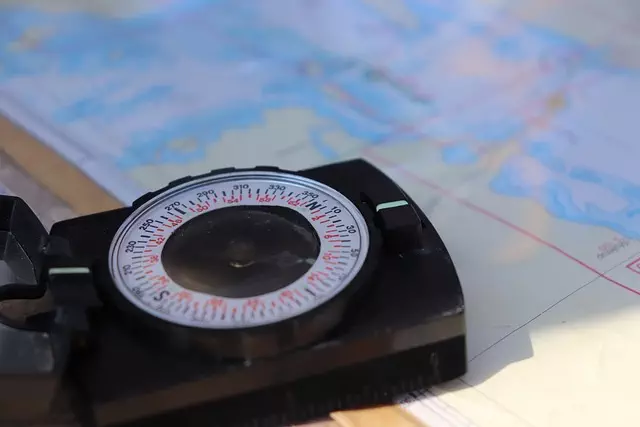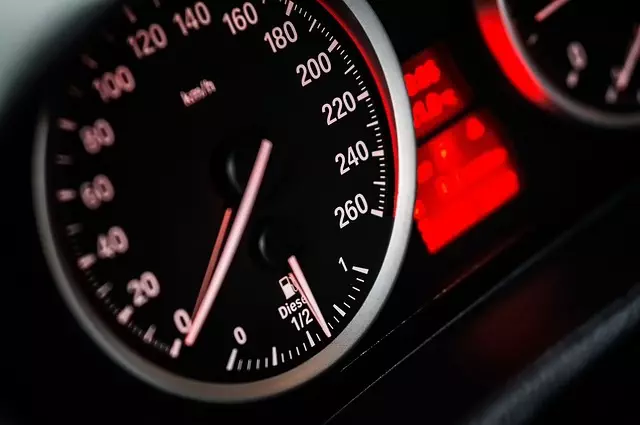The legal landscape governing advanced cruise control (ACC) systems in vehicles varies globally, with regulations like GDPR for data privacy and NHTSA safety standards. In Toledo or similar regions, professional GPS installations must adhere to these frameworks, ensuring driver assistance while respecting data privacy. Car GPS installation services offer diverse types of systems, from basic navigation to sophisticated ACC features like adaptive cruise control and lane departure warnings. Understanding these options is key to maximizing the benefits of advanced driver-assistance technology in modern vehicles.
Advanced cruise control systems are transforming the driving experience, but they raise important legal considerations. This article delves into the intricate web of regulations surrounding these technologies, focusing on GPS installation as a key component in advanced cruise control. We explore different types of car GPS systems, their features, and compliance guidelines, providing essential insights for both manufacturers and consumers. Understanding these legal frameworks is crucial for navigating the evolving landscape of autonomous driving.
- Understanding Legal Frameworks for Cruise Control Systems
- GPS Installation and Its Role in Advanced Cruise Control
- Types of Car GPS Systems: Features and Compliance Guidelines
Understanding Legal Frameworks for Cruise Control Systems
The legal landscape surrounding advanced cruise control systems, often integrated with GPS technology, is a complex web that varies significantly across jurisdictions. In many regions, these systems are governed by safety standards and regulations designed to ensure driver assistance rather than autonomy. For instance, in Europe, the General Data Protection Regulation (GDPR) plays a crucial role, dictating how vehicle data, including GPS locations, is collected, stored, and used for features like cruise control. The United States, too, has its own set of rules; the National Highway Traffic Safety Administration (NHTSA) oversees safety standards, while individual states may have additional regulations regarding vehicle technology.
When considering car gps installation in Toledo or professional gps installation services, understanding these legal frameworks is paramount. Different types of car GPS systems, from basic navigation tools to advanced driver-assistance systems (ADAS), operate within these regulatory boundaries. Manufacturers and installers must adhere to local laws and standards, ensuring that cruise control functions are safe, transparent, and compliant with data privacy regulations. This is especially true as autonomous vehicle technology evolves, blurring the lines between driver assistance and full automation.
GPS Installation and Its Role in Advanced Cruise Control
GPS installation plays a pivotal role in enabling advanced cruise control (ACC) features within modern vehicles. The process involves integrating a professional GPS system, often referred to as a car GPS installation Toledo or similar regions, that provides real-time location data and navigation capabilities. This data is then utilized by the ACC system to adjust vehicle speed automatically, maintaining a safe distance from preceding cars. By utilizing advanced GPS technology, ACC systems can make precise adjustments, enhancing overall safety on the road.
Different types of car GPS systems are available in the market, each offering unique features and functionalities. Professional gps installation ensures that these systems are seamlessly integrated with the vehicle’s onboard computer, allowing for accurate and reliable performance. From basic navigation to more advanced driver assistance systems, choosing the right type of GPS system is essential to harness the full potential of ACC technology. This investment not only improves driving efficiency but also contributes to safer highways by reducing human error in speed control.
Types of Car GPS Systems: Features and Compliance Guidelines
Car GPS systems have evolved significantly, offering a range of features that enhance navigation and driving safety. These devices are an integral part of modern vehicles, especially with advanced cruise control systems. There are several types of car GPS systems available in the market, each catering to different needs and budgets. From basic navigation units to sophisticated in-car infotainment systems, understanding these options is crucial for drivers looking to upgrade their vehicle’s technology.
When considering a car GPS installation in Toledo or seeking professional GPS installation services, it’s essential to explore the various types available. Each system has unique features, such as real-time traffic updates, voice navigation, and integration with smartphone apps. Compliance guidelines for these devices are designed to ensure they meet safety standards and provide accurate data. For instance, professional GPS installations often include advanced features like lane departure warnings and adaptive cruise control, which require precise positioning data from the GPS system to function optimally.


